Districts participating in our Collaborative for Student Success came together this month to focus on student plans, share progress on their various projects, and turn to peers as sounding boards.
Launched in mid-2021 with funding from the Richard King Mellon Foundation, the Collaborative has supported six districts in developing new ways to increase family engagement, foster career readiness among students, and improve the overall educational experience in their schools. The Consortium has facilitated their discussions and provided research and support, such as the latest session on student plans.
“We don’t want these plans to be just worksheets that students do in 8th grade and look back to when they get to 11th grade,” said Consortium Program Director, Christy Kuehn, Ph.D., who focuses, in part, on how to make student plans meaningful.
Although Pennsylvania standards call for all students to create post-secondary plans in 8th grade, the plans often aren’t as well-informed as they should be, nor are they always revisited, rethought, or refined on an ongoing basis, Kuehn added.
Among other things, she said educators should begin helping students think about the future as early as elementary school. At that age, it isn’t necessary to think in terms of careers, but rather to encourage kids to ask themselves the first of three questions at the heart of the Consortium’s future ready work—Who am I? As students get older, educators can then help them work through the second two questions—Who do I want to be? and, How do I get there?
One obstacle for students trying to plan their post-secondary paths is their opportunities for career exploration are often too limited, said Consortium Program Director, Jenn Sethman.
Some 49% of students say they find out about careers from their parents, 5% talk to their teachers, and 3% get information from their school counselor, Sethman noted. Because of that, they may never learn about career options unfamiliar to any of the adults in their lives, she said.
Sethman urged educators to expose kids to different careers either by getting them out to workplaces or bringing in speakers who can talk about careers across a spectrum of industries.
Educators attending the session shared ideas about expanding exposure to career opportunities, with a couple saying they planned to try approaches that Greensburg-Salem School District and Woodland Hills School District have used, enlisting alumni to offer career presentations or other career learning experiences.






